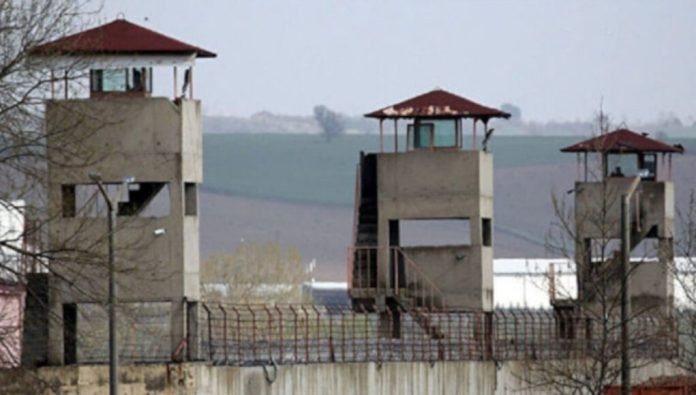Administrative and Observation Boards, review bodies established in Turkish prisons in January 2021, have been delaying the conditional release of prisoners by three to six months, raising concerns over multiple rights violations, the Evrensel news website reported.
Between 2021 and 2023 the release of a total of 384 prisoners eligible for parole was postponed, according to data from the Human Rights Association (İHD).
Prisoners have reported to the İHD that the boards’ decisions were heavily influenced by political bias and often involved demands for expressions of “remorse.”
Nuray Çevirmen, a member of the İHD’s Central Executive Board, stated that nearly all rights of prisoners are now controlled by these boards. “Releases are being delayed for various periods: three months, six months, and even up to a year,” Çevirmen said.
Highlighting the overreach of the boards, Çevirmen added, “They are acting like courts. However, when a person is sentenced by a court, they receive a definite prison term. What’s written in the court document should stand. Yet, the boards behave as though they have the authority to alter the terms.”
The İHD also reported that the reasons cited by these boards for delaying releases often include trivial or arbitrary grounds such as not meeting with an imam, not consulting a psychologist, not borrowing books from the library, or not participating in social activities.
“This is crucial because prison administrations do not facilitate these social activities, yet they use the lack of participation as a reason to extend an inmate’s time in prison,” she said.
Poor prison conditions, arbitrary practices and mistreatment are systematic problems in the country about which local rights groups, parliamentarians and state authorities receive hundreds of complaints every year.
Furthermore, Çevirmen criticized the lack of response to complaints filed regarding these boards. “We send these complaints to the parliamentary Human Rights Committee and even the Turkish Human Rights and Equality Institution [TİHEK], but there is hardly any follow-up. TİHEK responds by saying prisoners must file their own complaints, which is unrealistic since their communications are often confiscated,” Çevirmen added.
Turkey remains the leader in the number of prisoners in Europe, according to the 2022 Council of Europe (CoE) Annual Penal Statistics on Prison Populations report. In January 2022 Turkey accounted for over a third of all prisoners in CoE member states, having experienced a surge of 369 percent in its prison population between 2005 and 2022.
President Recep Tayyip Erdoğan’s Justice and Development Party (AKP) government has allocated 13.7 billion lira for the construction of 12 new prisons in 2024. There were 405 prisons in the country as of October 2023.
As part of a crackdown launched by Erdoğan in the aftermath of the attempted coup on July 15, 2016, Turkey jailed tens of thousands of people on terrorism-related charges. Most of them were merely critical of the government and had not engaged in any criminal activity.
Although victims can include people detained or imprisoned on any grounds, several documents in recent years have indicated that the abuses are more pervasive and systematic when it comes to people imprisoned on political grounds such as their alleged ties to political and civil networks not approved of by the government.















